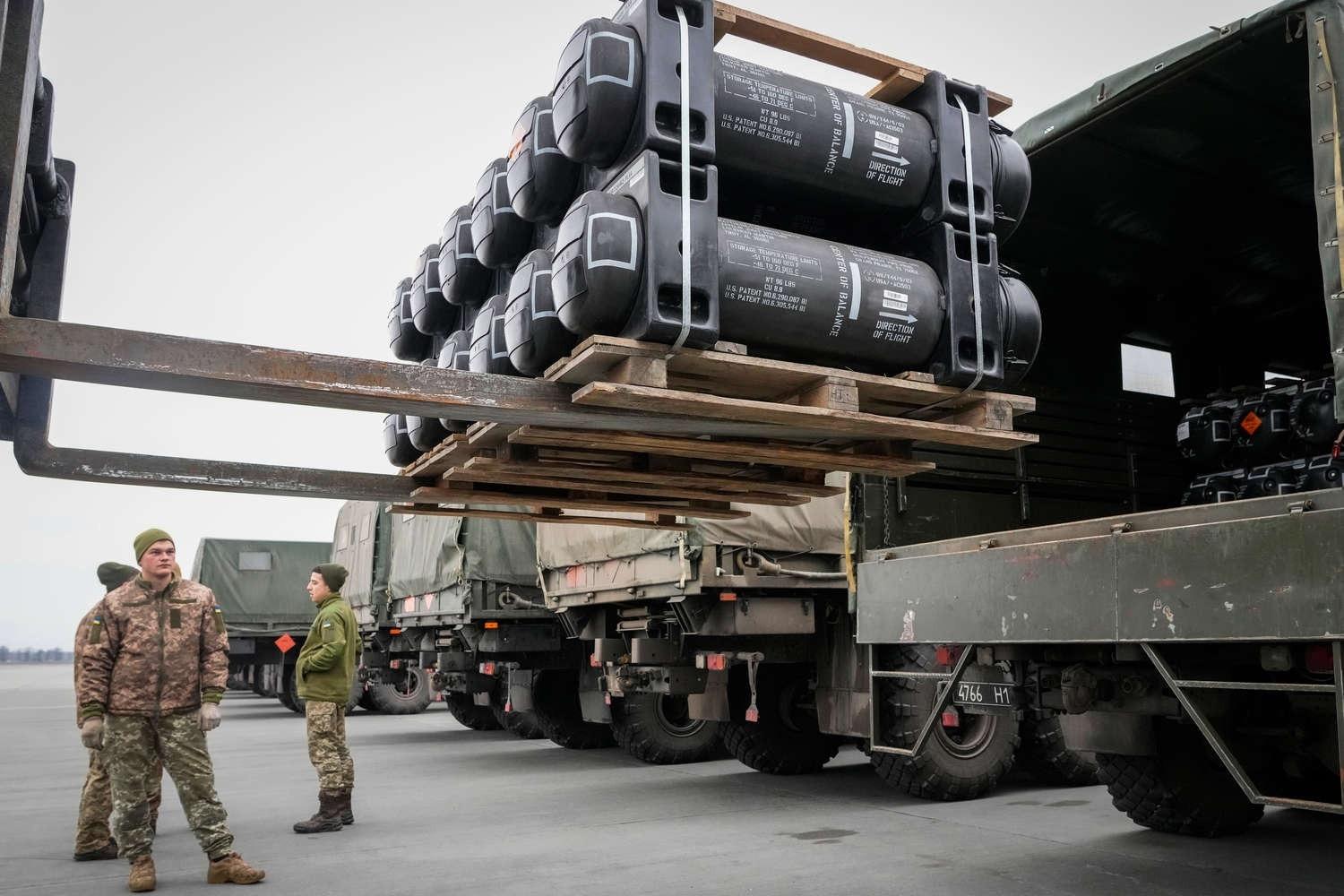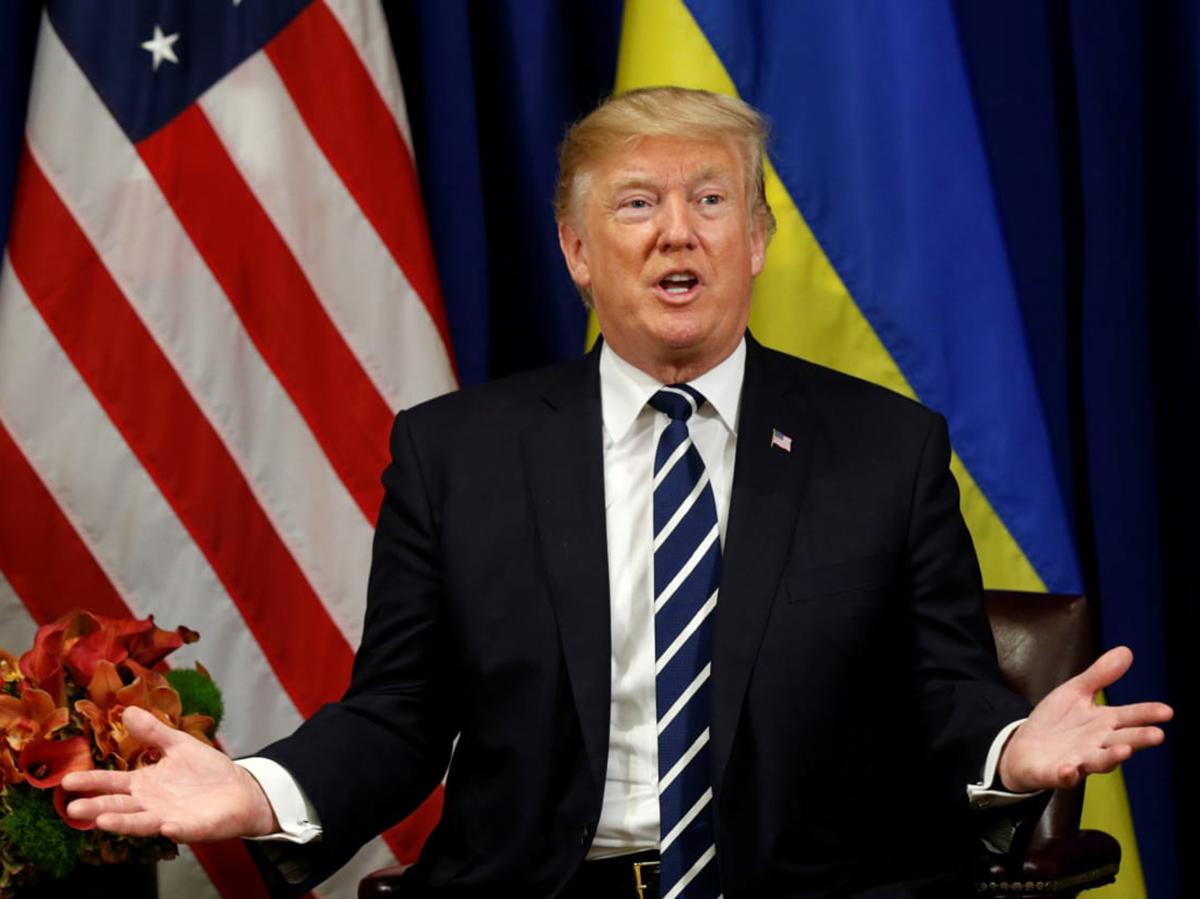Trump vs. Biden: Accelerating or freezing the Ukraine conflict? In the footsteps of a real strategy
A few days ago, I watched with curiosity on YouTube a debate among Russians - political émigrés - about the possibility of ending the Russian-Ukrainian confrontation. This debate among people without power about how the confrontation should be ended (whether we should seek "immediate peace" or "victory for the Ukrainian armed forces") is completely pointless. Both do not and will not have the tools to influence real processes.
There are three basic questions in politics. Two of them were formulated by the 20th century German philosopher and jurist Carl Schmitt:
- a) What is your purpose?
- b) Who is your friend and who is your enemy based on this goal?
The third question I would always add is, "What will you do?" This is my favourite question. Seriously, what power do you have to change anything? In the same US, which is considered a model of modern democracy, the real decisions are made by the top parties, financiers, corporate lobbyists, and the military. 90 per cent of people are deprived of power and ownership (of the means of production), they have almost no mechanisms to influence real politics and economic management. During World War I, between 1917 and 1918, both Russia and Germany saw the emergence of workers' and soldiers' councils. These were elected self-management bodies for workers, directly controlled by regular meetings of military units or labour collectives.
For a brief period, likely just a few months, most people in Russia and Germany gained mechanisms to control factories and plants, transportation, and other areas of life, and to some extent, they could influence what was happening on the front lines. Today, such mechanisms are nowhere to be found.
When powerless individuals debate how those who hold real power should handle things, they often seem absurd. However, watching such debates can be intriguing simply to understand the current situation, as participants attempt to analyse and argue the dynamics of the conflict—if they provide such analysis. The fact is that both participants often overlook the issue of Western, primarily American, arms supplies, which is a common occurrence in discussions about the Russia-Ukraine conflict.
One of the participants in these debates belongs to the arrogant and dwindling category of Russian opposition, linked to the 1990s liberals. These individuals have always been patriots and state-builders, but their patriotism was for America, whose omnipotence they continue to blindly believe in. This perspective typically assumes that America—such a strong and powerful country—will provide its allies with everything they need to win. This is how the participant believes it should be. But what if it doesn’t provide?

This has become one of the main sources of uncertainty. No one knows what, when, or in what quantity the Americans will provide. It is clear that the Biden administration fears Russia’s defeat as much as it does its success. We can speculate on the reasons behind this policy. There are likely two main factors: a) Russia is a nuclear power, and b) in the event of major failures, there is a risk of rapid weakening of Russia and the country falling under China's influence, America's main rival.
In reality, we might not fully understand what exactly concerns Joe Biden, National Security Advisor Jake Sullivan, and Secretary of State Antony Blinken—the figures managing America. However, this is not crucial. What matters is analysing their actual behaviour. They act exactly as described above. For two years, they refused to provide Ukraine with combat aircraft, thereby ensuring Russia's total air superiority. Additionally, during the Kharkiv offensive, the Ukrainian Armed Forces were cut off from ammunition supplies.
Joe Biden's administration's policy seems to be aimed at causing both sides to bleed out, only to then impose a freeze on the conflict similar to the Korean model. This concept has already been suggested by the RAND Corporation, a key think tank within the American intellectual elite, and it appears that the US is indeed pursuing a similar strategy. This would involve freezing the armed conflict along the current front lines.

However, there is a possibility that Donald Trump could win the upcoming US elections. Based on various hints and publications, it appears that Trump’s goal is similar to Biden’s: to achieve a "Koreanisation" of the conflict. The difference is that Trump aims to accomplish this more swiftly—by threatening to cut off supplies to Kyiv on one hand, and on the other, by threatening Moscow with a significant increase in Ukrainian military capabilities.
Recently, former British Prime Minister Boris Johnson revealed Donald Trump's plan for ending the conflict in Ukraine. According to this plan, the West would allow Ukraine to use ATACMS, Storm Shadow, and other weapons to strike airfields within Russia. Trump's goal is for Russian forces to retreat to the borders as of February 24, 2022 (though the actual outcome remains uncertain). Following this, Russia would receive Ukrainian legislative guarantees for the rights of Russian-speaking populations. In return, Ukraine would gain special status, positioning itself as a significant military power in Europe, potentially replacing some American forces (which Trump aims to withdraw). This would mean that Europeans would be compelled to supply Ukraine with advanced weaponry. On the other hand, Moscow would see some sanctions lifted, allowing it to claim it "protected Russian-speaking residents of Ukraine" and recovered economic opportunities previously threatened by the collective West.
With several nuances, Trump's plan bears notable similarities to Biden's Korea-like scenario, primarily in its intent to expedite the process. Of course, events may not unfold as planned, and long-term political strategies often have limited success.
Regardless, none of the leading US politicians, whose decisions significantly impact the conflict's outcome, are contemplating a return to Ukraine's borders as they were in 1991. Instead, they are not aiming for a decisive victory or defeat for either side. Their goal is to freeze the conflict at its current or foreseeable position.








